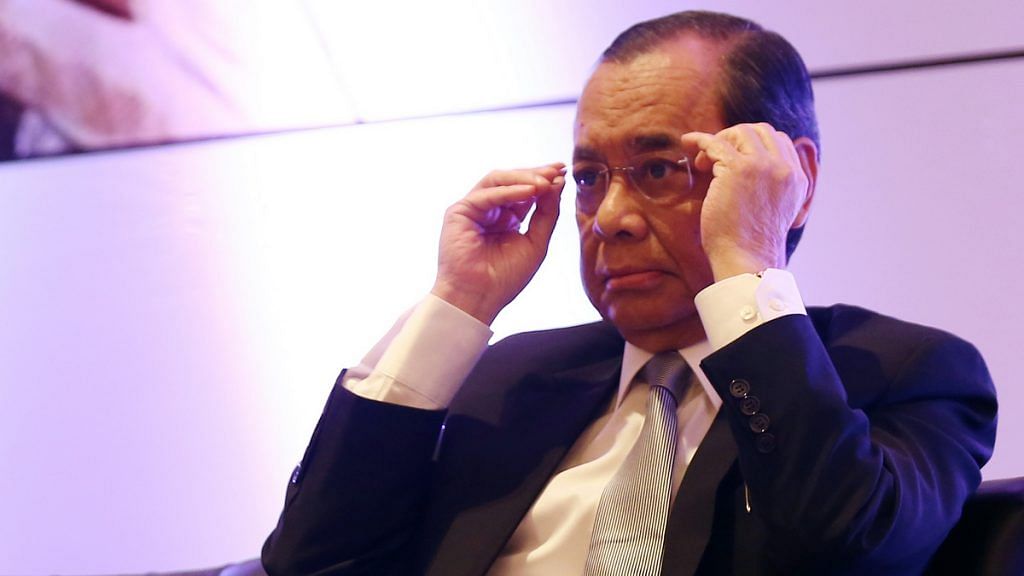New Delhi: When former Chief Justice of India Dipak Misra retired last year, he met all journalists on the Supreme Court beat in the apex court’s press lounge, as did his predecessors.
Chief Justice of India Ranjan Gogoi did not adhere to the practice, and a communication was made instead through a brief note from his office, which was distributed to journalists.
In the three-page note, Gogoi referred to multiple requests from the press for one-on-one interviews before explaining why he couldn’t honour them. “Judiciary’s strength lies in public confidence and trust, earned through work as judges and not good press,” he said.
The judge, who was accused of sexual harassment by a former Supreme Court employee before being exonerated by a court-appointed panel, said “bitter truths must remain in memory”.
“I am keen that you would appreciate that the ordinary freedoms are finely balanced in our institutional functioning, while you have the Bar whose members can exercise their freedom of speech to the extent of even pushing the boundaries of such freedom, the bench requires its judges to ‘maintain’ silence, while exercising their freedoms,” he added.
“This is not to say that judges do not speak. They do speak, but do so only out of functional necessity, and no more. Bitter truths must remain in memory.” Interviews, he added, will come when he is “well into retirement”.
‘Praise for media’
CJI Gogoi was one of four judges who held an unprecedented press conference in January 2018 where questions were raised about judicial impropriety during Misra’s tenure as CJI.
In his note, he said the judiciary should only establish outreach to the media under exceptional circumstances, even as he lauded the press for exercising an exceptional “discretion to prevent canards, falsehoods from clogging news space”.
The CJI, who sat with CJI-designate S.A. Bobde on his last working day in court, as is the tradition, maintained silence when advocate M.L. Sharma, a serial petitioner, came in to apologise.
Advocate Sharma has been penalised Rs 50,000 over a frivolous petition against former finance minister Arun Jaitley. When Sharma requested a waiver on the CJI’s last working day, Justice Bobde asked him to wait for some more time.
The farewell organised by the Supreme Court Bar Association was a hush-hush event as well, with no speeches by the CJI or his fellow judges. All that happened were a few sips of tea, exchange of pleasantries, and discussions about Bobde’s tenure as CJI, which begins Monday.
Also read: Why CJI Gogoi is under fire for defending Assam’s NRC while it’s still sub judice
